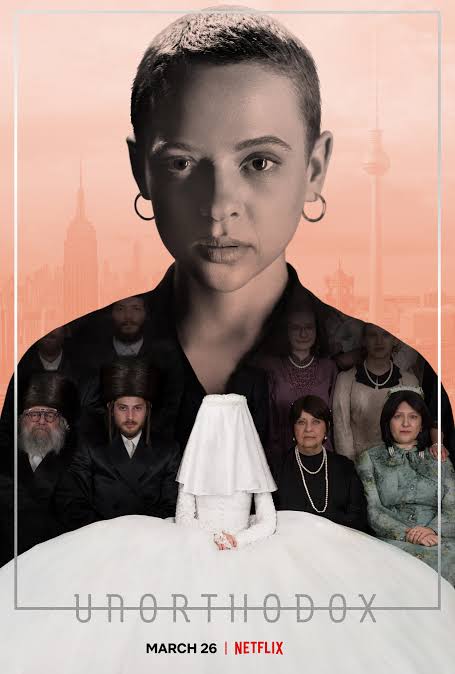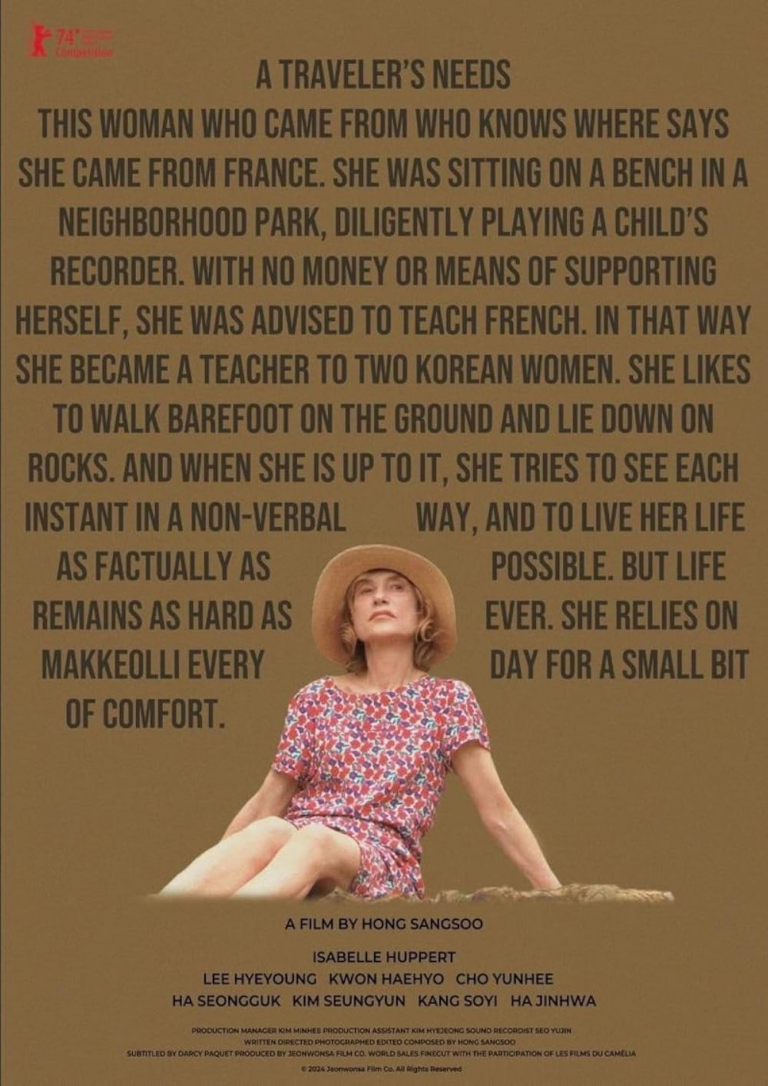Unorthodox Christian Review

There’s something magnetic about Unorthodox. From the first frame, it pulls you into Esty’s world—a world so unlike our own but filled with familiar struggles of faith, identity, and the human desire to be free. It’s not just a show about a woman escaping her ultra-Orthodox Jewish community. It’s about something deeper—finding yourself amidst the things that try to define you. And for Christian viewers, there’s a spiritual resonance that’s hard to ignore.
Faith and the Boundaries We Build
The story revolves around Esty, played with haunting grace by Shira Haas, a young woman who dares to flee the life mapped out for her within a Hasidic Jewish community in Williamsburg, Brooklyn. It’s a world where every detail, from the clothes you wear to the words you speak, is controlled by religious tradition. For many in that community, this life is sacred, a direct path to God. But for Esty, it becomes suffocating, a boundary around her soul that keeps her from discovering who she truly is.
As Christians, we know a bit about boundaries—rules, laws, traditions that guide our lives and connect us to God. But what happens when those boundaries become more like chains? When following the rules starts to feel like walking in a cage rather than walking with Christ? Esty’s story challenges us to examine where we draw the line between faith as a source of freedom and faith as a tool for control. And that’s where Unorthodox begins to dig deeper than just a tale of rebellion. It asks us, as viewers, to question how far we’re willing to go to be free, and at what cost.
The Struggle for Identity
Esty’s journey is not just a physical escape from her Hasidic community—it’s a spiritual and emotional quest to find out who she really is. For so long, her life has been dictated by what’s expected of her. She marries young, lives under strict religious codes, and has no say in her future. But deep down, Esty knows there’s more to life than this.
How many of us have been there? Feeling like we’re living someone else’s life, or worse, living a life we were told is the only acceptable one? Whether in the church or in our daily walk, we’ve all faced moments where we wonder if we’re truly living as God intended or if we’ve simply accepted the roles handed to us. Esty’s journey of self-discovery—her quest to find out who she is outside of the only world she’s ever known—is something we can all relate to.
And yet, there’s pain in that process. As Esty steps into the unknown, she faces not only the loss of her family and community but the loss of certainty. She no longer has the safety net of tradition to guide her, and that’s terrifying. But freedom often comes with fear. The beauty of Unorthodox is that it doesn’t shy away from this complexity. Esty is not just running toward freedom; she’s wrestling with the weight of what she’s leaving behind.
Community: A Blessing or a Burden?
One of the most poignant aspects of Unorthodox is its portrayal of community. In Williamsburg, Esty’s entire existence revolves around her tight-knit religious group. Her family, her friends, her future—all are tied to this insular world where everyone knows each other, and everything is shared. There’s beauty in this sense of belonging, a warmth that comes from being part of something greater than yourself. And yet, for Esty, this community becomes more of a burden than a blessing.
As Christians, we understand the value of community. The Bible tells us to gather together, to encourage and uplift one another (Hebrews 10:24-25). But what happens when that community becomes more about conformity than connection? Esty’s story reminds us that true Christian fellowship should bring freedom, not fear. It should help us grow closer to God, not bind us to man-made rules. The community in Unorthodox represents both the strength and the dangers of religious life—when done right, it’s a source of love and support. But when twisted, it can become a tool for control and isolation.
Shira Haas: The Heart of the Story
What makes Unorthodox truly shine, though, is Shira Haas’s performance as Esty. There’s a quiet vulnerability to her that makes you want to protect her, even as you cheer for her courage. Her portrayal of a woman torn between two worlds—between faith and freedom, tradition and truth—is nothing short of mesmerizing. Every scene, every glance, is filled with emotion.
Haas’s performance brings an authenticity to the story that grounds it in reality. Esty’s journey could easily have become a caricature of rebellion, a simplistic story of a woman escaping an oppressive life. But instead, Haas fills the character with layers of doubt, strength, fear, and hope. It’s through her eyes that we see the complexities of faith and identity. And it’s through her performance that Unorthodox transcends the typical coming-of-age narrative.
The Spiritual Journey Within
For Christian viewers, Esty’s story is more than just a tale of escaping oppression. It’s a reminder that our spiritual journeys are rarely straightforward. We’re all, in some way, searching for the balance between the freedom that comes from knowing Christ and the structure that helps guide our faith. Esty’s journey mirrors the challenges many of us face as we try to live out our faith in a world that often pushes us toward conformity or isolation.
Her struggle to find her place, to understand who she is and what she believes, is something we all go through. It’s a process of stripping away the layers of tradition, expectation, and fear until we’re left with the core of our beliefs. And that’s where Esty’s story becomes truly powerful—not because she rejects her faith, but because she seeks to understand it on her own terms.
A Final Reflection
Unorthodox isn’t just about leaving a religious community. It’s about finding the courage to walk your own path, to seek God in the spaces between tradition and freedom. It’s about the moments when faith feels like a prison and the moments when it sets you free.
As Christians, we can take a lot from Esty’s journey. Her story challenges us to examine our own faith communities, to question whether we’re truly living out the Gospel’s call to freedom. But it also reminds us of the importance of grace—both for ourselves and for those around us who are walking their own difficult paths.
This is a show that will make you think, but more importantly, it will make you feel. It’s raw, it’s real, and it’s a reminder that faith, like freedom, is a journey, not a destination.
Rating: 8/10. While not without its flaws, Unorthodox is a deeply affecting drama that deserves your attention. It’s a show that lingers long after the credits roll, sparking conversations about faith, freedom, and what it means to truly know yourself
.




